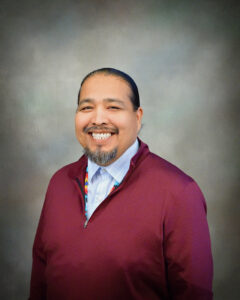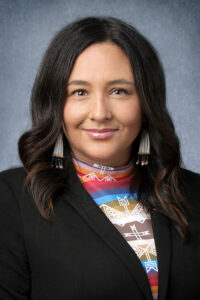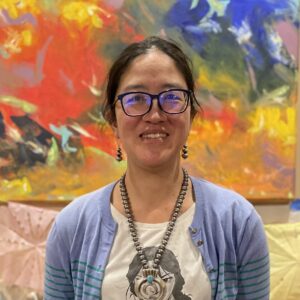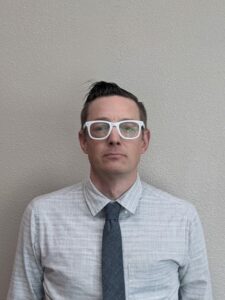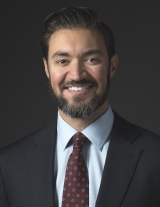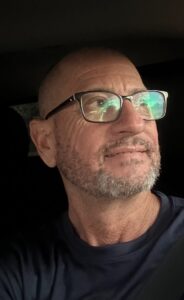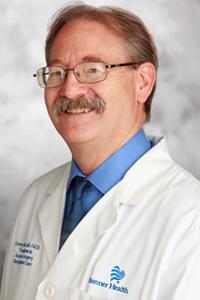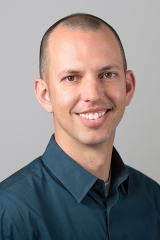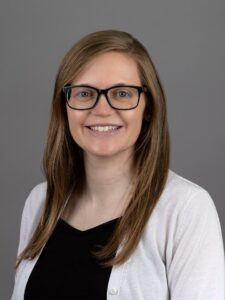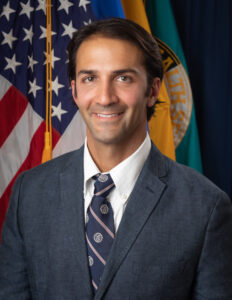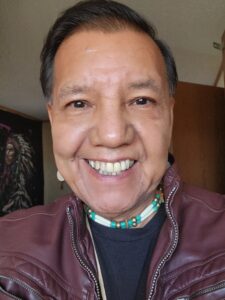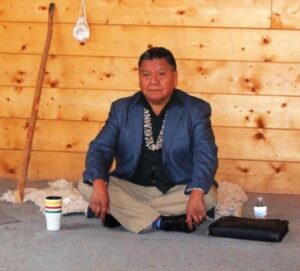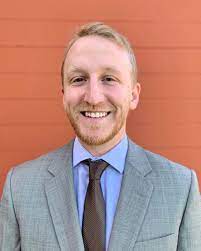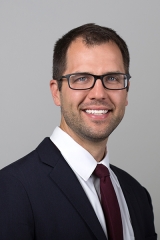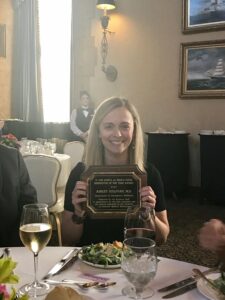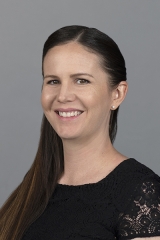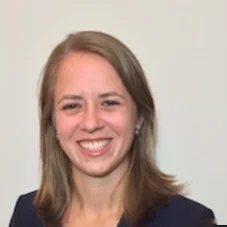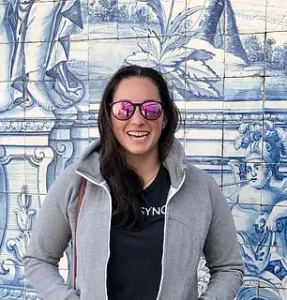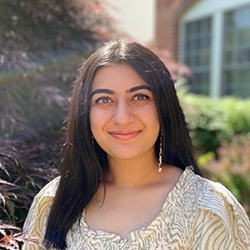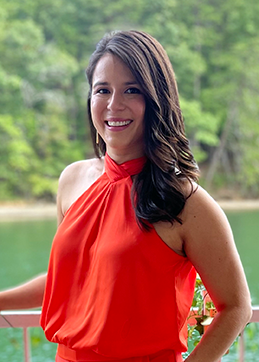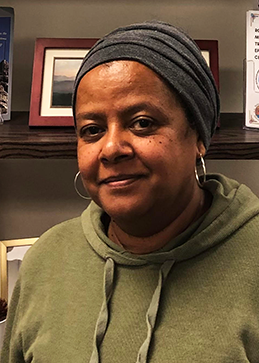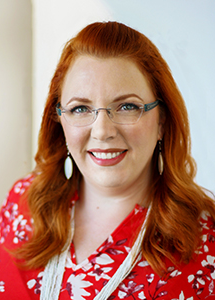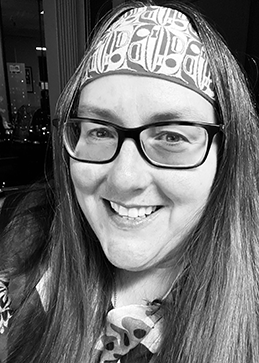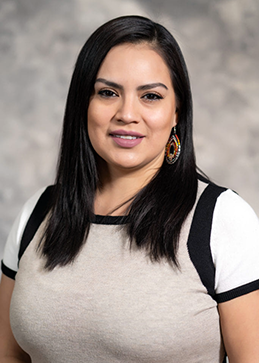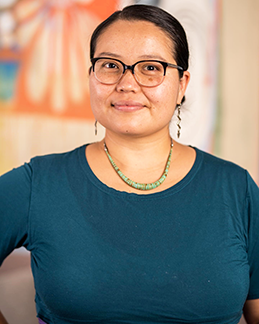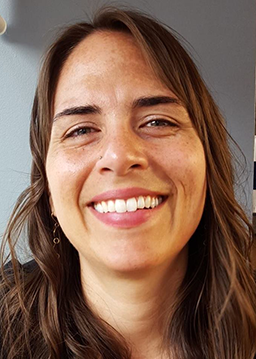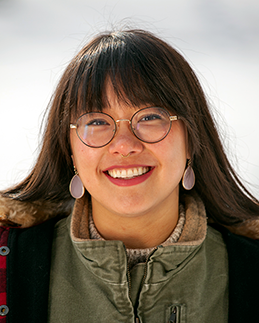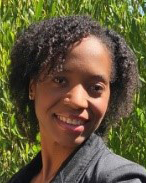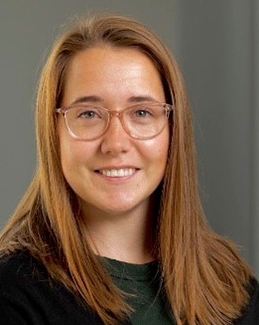Offering Peer Recovery Mentors, Life Saving Medicines, and Culture-based Strategies to Support Community Members with Substance Use Disorders

A few years ago, community members living on the Confederate Tribes of the Umatilla Indian Reservation (CTUIR) started seeing more and more cases of heroin and fentanyl use. In response, staff at the Yellowhawk Tribal Health Center’s Chemical Dependency Program expanded their services to better meet their community’s needs. Today, the program provides individual and group therapy, distributes Narcan nasal spray (used to reverse an opioid overdose), offers support from Peer Recovery Mentors, and uses various culturally resonant strategies to prevent opioid misuse and support community members with substance use disorders.
In July, Indian Country ECHO spoke with Shayne Arndt, Yellowhawk’s Chemical Dependency Clinical Manager, to learn more about the Clinic’s current and planned strategies for addressing substance use.
According to Arndt, cultural connection and community outreach are essential components of their program’s success.
In recent months, the Yellowhawk Chemical Dependency Program started looking for more opportunities to incorporate the Tribes’ cultures into their prevention and recovery programs. Chemical Dependency staff member Kelsey Burns played a large role in making this happen.
Before the COVID-19 pandemic, Burns, who is an Alcohol and Drug Prevention Education Program Coordinator at Yellowhawk, regularly attended a Native culture course at Nixya’awii Community School (CTUIR’s Tribal School) to share important health information with students. Eventually, the school asked Burns to lead a drumming group to encourage students to partake in cultural activities that strengthen resilience and build community. According to studies, like this one by Lowe et al, culture-based interventions for Indigenous people prevent and reduce substance use better compared to non-culturally based interventions.
Burns also launched weekly Wellbriety meetings that shifted to a virtual setting once social distancing measures began. The Wellbriety Movement is designed to provide sustainable culturally-based healing from substance use, alcohol use, and intergenerational trauma for Indigenous peoples. Wellbriety meetings are typically (pre-COVID) conducted using an in-person talking circle format, where participants are seated in a circle and are safe to freely share their experiences related to alcohol and drug use. Now these have become virtual and participation remains high. Arndt reports high attendance to these, despite the fact that many clients suffer from issues connecting to others related to their substance use.

Currently, the Chemical Dependency Program provides support to clients with the help of three Peer Recovery Mentors. Peer Recovery Mentors are members of a community who are further along in their recovery journey who are trained to guide others as they begin the recovery process. Once the clinic hired and trained Peer Recovery Mentors, the Chemical Dependency team began to see significantly more engagement from their clients. Arndt says, “The Peer Recovery Mentors genuinely want to help their people. They are very compassionate, and that’s really important to make people feel at ease, open up, and talk. It also helps clients overcome the stigma of seeking and staying in treatment.”
The Chemical Dependency Program also utilizes filmmaking and social media to destigmatize substance use and encourage individuals to seek help. Arndt himself is a big believer in respectfully using storytelling to reach people. Glavis Wagner and Kellen and Lorasa Joseph collaborated with staff to develop a short video to post on the Yellowhawk Facebook page to share their experiences with substance use, encourage community members to seek treatment, and promote the use of Narcan. The video has since garnered 3,000 views, slightly more than the current CTUIR population.

In 2019, Yellowhawk received funding for Narcan distribution via Tribal Opioid Response grant funding from SAMHSA. At first, some community members were hesitant about Narcan. However, once staff at Yellowshawk shared educational radio ads and communications from community leaders, many recognized how it could save the lives of their relatives and relations. Since then, the Chemical Dependency Program has provided over 100 boxes of Narcan to various tribal departments, schools, and to interested community members at Narcan trainings at the community’s longhouse. Arndt shared, “I see Narcan as a medication that gives an individual struggling with opioid addiction a second chance at life. We are proud to share that we have distributed over 100 boxes of Narcan, and we plan to distribute more Narcan during the COVID-19 pandemic in a safe way.”
Yellowhawk Chemical Dependency Program staff regularly participate in Indian Country ECHO’s Substance Use Disorder teleECHO clinics, but Arndt says the most impactful experience staff have had occured in 2019 when the Indian Country ECHO team visited the Yellowhawk Tribal Health Clinic to provide Harm Reduction Training. The training, part of Indian Country ECHO’s free technical assistance and capacity building service, inspired staff to update Yellowhawk’s policies and procedures to make Narcan more available- a necessary measure for helping community members who use drugs reduce their risk of death from opioids.
Looking to the future, the Chemical Dependency Program staff want to expand their Narcan training and distribution. In the meantime, Arndt and his team continue to work with community members and leaders to reduce stigma around substance use and provide comprehensive recovery programming. Arndt encourages other communities interested in expanding their harm reduction programming to talk with and gain the support of clinic and tribal leadership. “Move cautiously forward and be aware of stigma,” he suggests. “How can you help individuals recover from substance use with respect and compassion? Make them feel welcomed. That’s one of the biggest things we try to do here, is make sure people feel safe and welcome.”

If you are interested in incorporating peer recovery or harm reduction approaches into your clinic, connect with Indian Country ECHO about our free Peer Recovery Specialist, Harm Reduction, and Substance Use Disorder teleECHO clinics. Also, contact us about our free technical assistance and capacity building service for I/T/U clinics.
